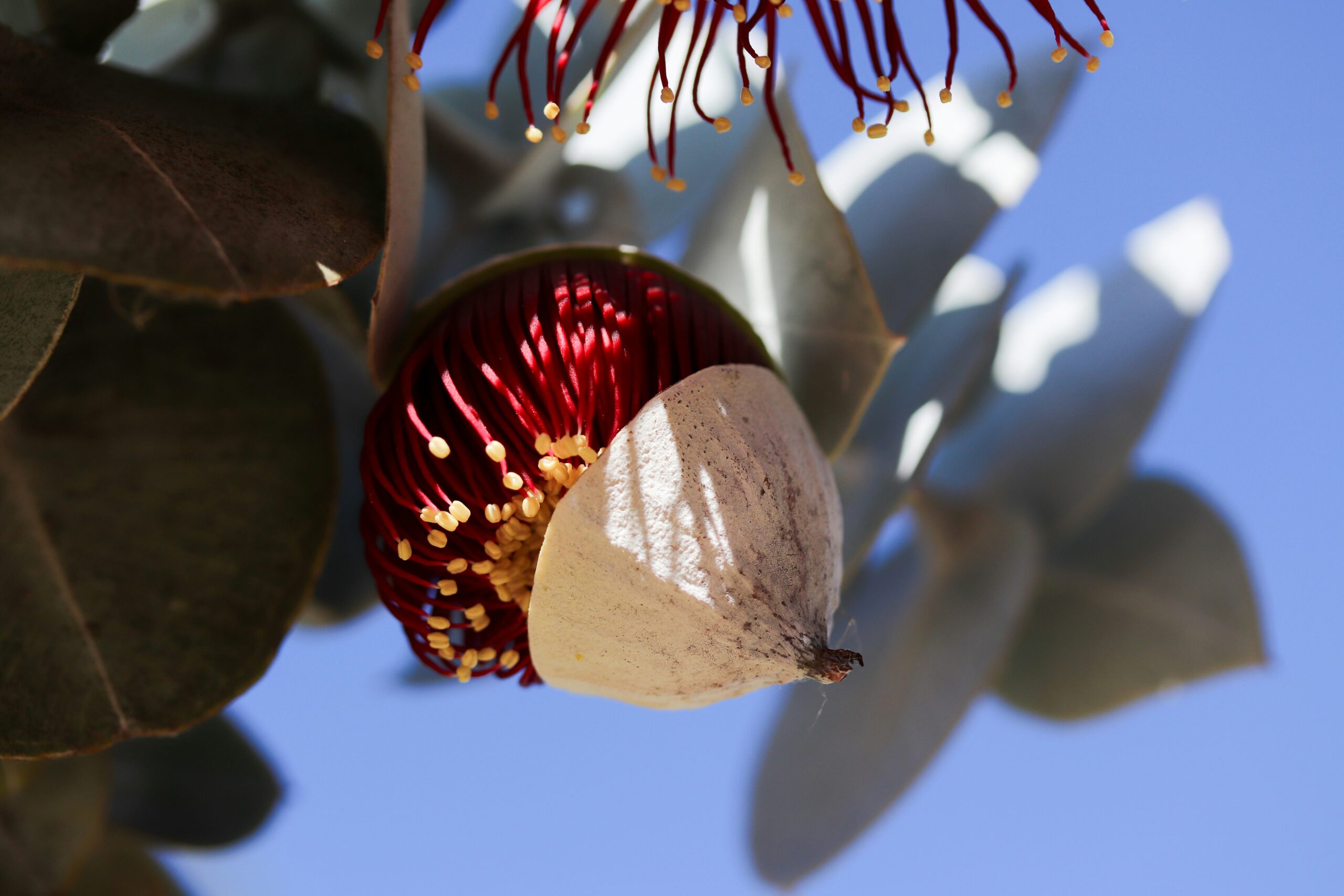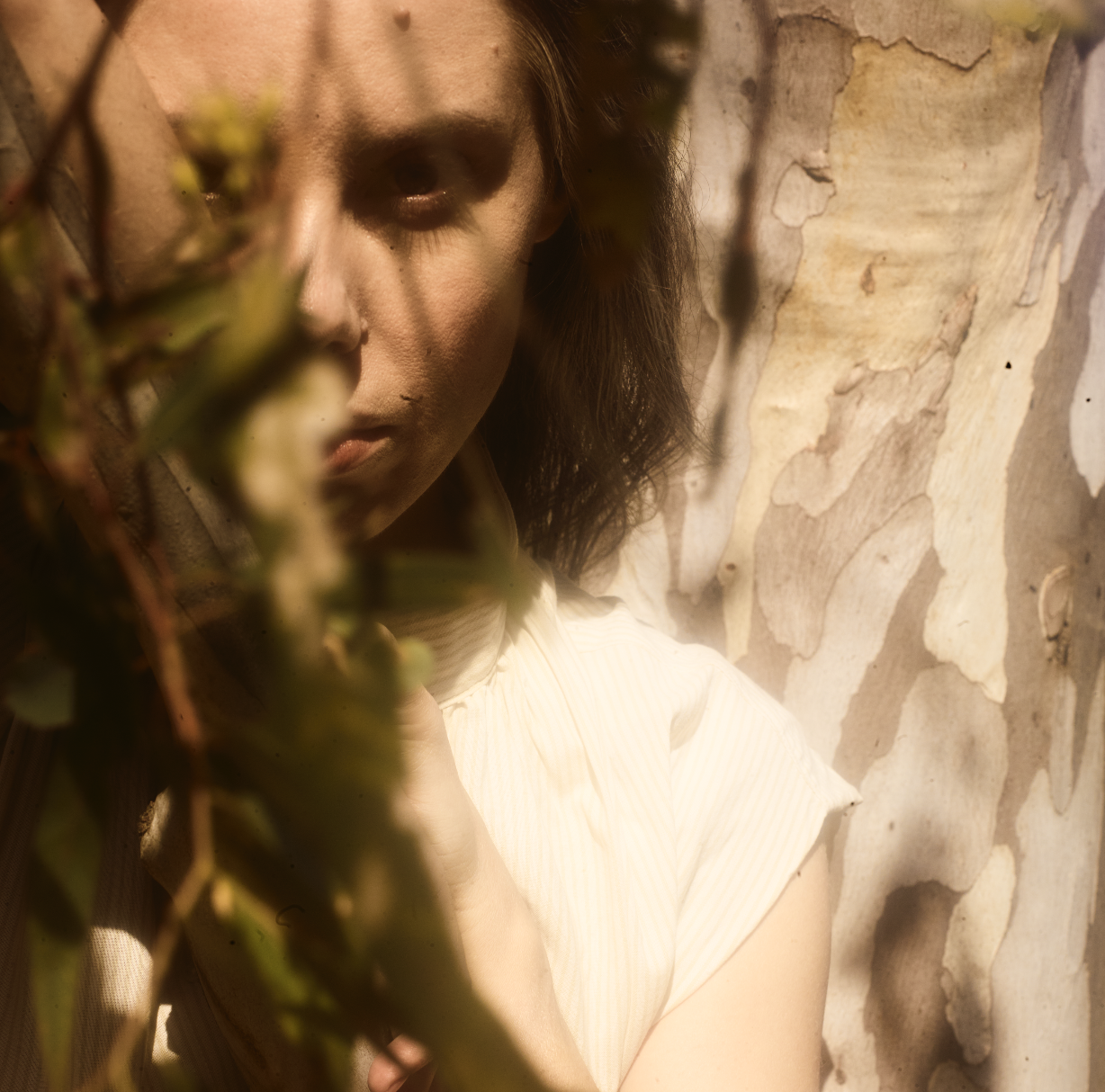
Jonathan Mills on writing his ethereal opera, Eucalyptus
Upon first reading Murray Bail’s novel Eucalyptus, composer Jonathan Mills knew he wanted to turn it into an opera.
Eucalyptus viscerally captures the experience of wandering through Australian bushland. It is here amid the sounds and scents of a eucalyptus forest that the dreams of Ellen, our heroine, begin to take shape.
“I was drawn to this uniquely Australian fable by the lyrical power of Murray Bail’s descriptions of the forest. The forest comes alive through the imagination of Ellen. What I wanted to do in the opera is to make the forest a character – almost a primeval element in the drama,” Jonathan says.
“The trees are ever-present, as with the novel. And the events that transpire between Ellen and her father and Ellen and the Stranger deserve to be experienced from the point of view of the trees.”
Eucalyptus is Jonathan’s third opera and took three years to write. From the character of Ellen to the evocation of the forest, his interpretation of Murray Bail’s novel breathes fresh life into a much-loved Australian fairytale.
Synopsis of Eucalyptus
Holland, a widower, lives with his daughter on a property in the country where he has planted every kind of eucalypt on which he can lay his hands.
His daughter has no interest in romance. Holland, anxious to find the right man for his daughter, announces a competition; the man who can correctly name, on the spot, all the species of eucalypts on Holland’s land will become Ellen’s husband.
Ellen is horrified, but contestants come from far and wide, to the amazement of locals. But they all fall short before the test is completed. But a likely winner does emerge; a gaunt, middle-aged tree expert called Cave.
Ellen, wandering alone in the forest, discovers a man sleeping under a tree. This Stranger begins to tell Ellen stories, stories inspired by trees that remain nameless.
Ellen is fascinated and shocked by the Stranger’s tales. She becomes obsessed with the stories and attracted to their teller. She discovers a deeper meaning in the stories and finds freedom and courage to be decisive about her life’s path.
The story moves between the house and forest on Holland’s property and locations in the nearby small town. The townspeople, including the ever-watchful Sprunt sisters, comment freely on events. Trees and river play their part as well.
Eucalyptus will be playing over three nights at the Palais Theatre, with Desiree Frahn and Simon Meadows embodying the roles of Ellen and Holland.

Finding musical expression
Jonathan Mills is an award-winning Australian composer and festival director, who divides his time between Edinburgh and Melbourne. His career has taken him all over the world.
As many Aussies abroad can attest, the scent of eucalyptus is just the catalyst required to propel you immediately back home like magic. Jonathan says it was important for him to evoke the sensory experience of wandering Australian forests in Eucalyptus.
“Through Eucalyptus – the opera – I want to trace how a world of ‘landscape and memory’ (to borrow from Simon Schama) might find musical expression and dramatic form in the unique physical and psychological contours of Australia.
“I want to explore a musical evocation of a chorus – both on and off-stage – singing the botanical names of all the different species of eucalyptus trees; not as a list of names to impress or confuse, to burden or bore, rather as the inspiration for the trees themselves, their unique hues and tones, textures and scents, becoming characters, or at least elements in an unfolding drama. A drama in which the idea, the symbolism, the mystery, and the wildness of a forest, an untamed natural landscape, becomes woven deeply into the storyline of the opera.
“Thinking about how landscape and memory might become intertwined through imaginary time and space, both unfolding on stage, is essential to the process of writing an opera like Eucalyptus. Our digital age is binary and blatant. It is not a time conducive to myths or fantasies, fables or fairy tales [even when such fantasies are far preferable to relative truths]. We tend to measure rather than embody; condense rather than elaborate.”
